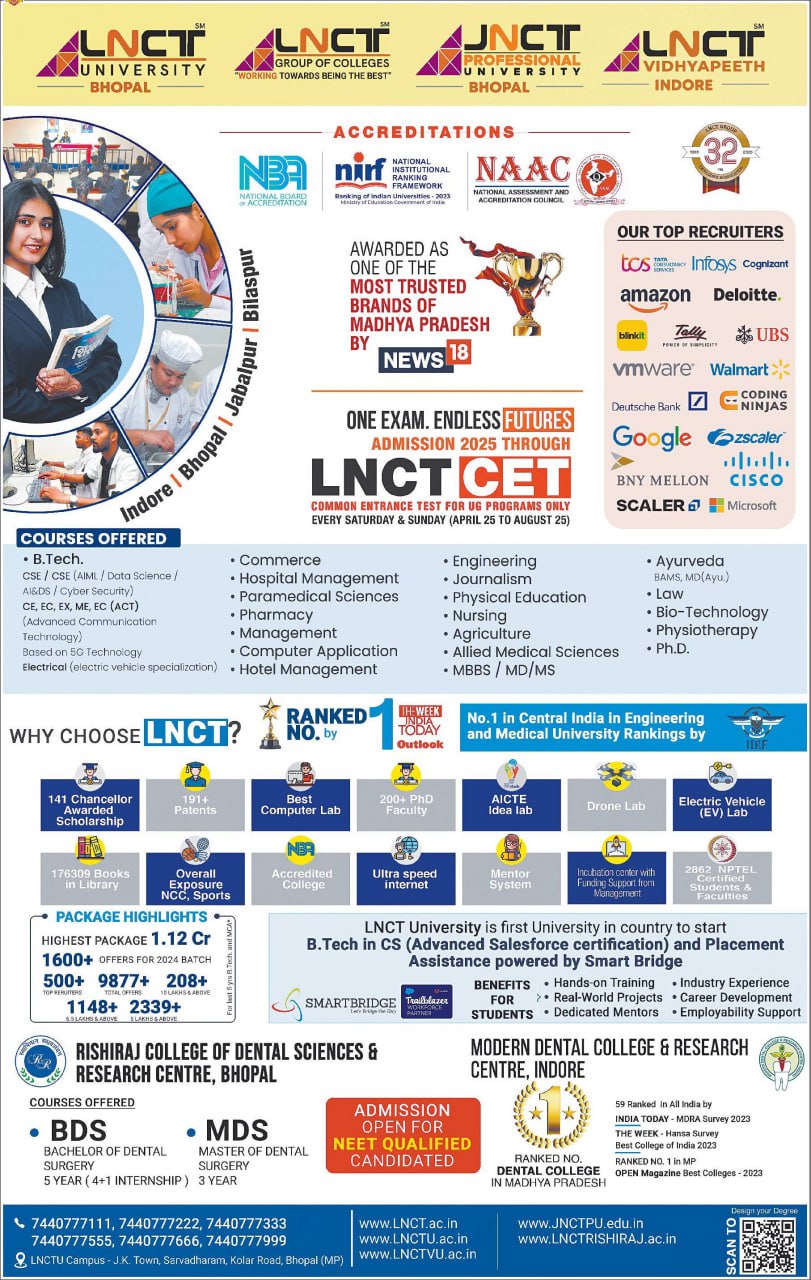CNN Central News & Network–ITDC India Epress/ITDC News Bhopal: “Vinod Sen, the National Joint Coordinator of the All India Congress Committee’s Backward Class Department and Secretary of the Madhya Pradesh Congress Committee, has stated that in order to understand the National Herald case, it is necessary to understand certain provisions of India’s Company Law. The allegation in this case pertains to money laundering, but Indian law clearly states that money laundering cannot be proven unless there is a clear financial transaction. Since the National Herald case involves the transfer of a company and shares, how can you consider it money laundering if there has been no exchange of money or trade?
Legally, this is a complex issue. The company, Young India, to which the shares were transferred, is registered under Section 25 of the Companies Act. This rule clearly states that it will remain a non-profit organization, meaning that any profits generated by the company cannot be distributed to the shareholders, nor can the company’s directors or promoters receive any salary or benefit.
If the company does not have the right to gain any benefit, how can the operators or directors be accused of money laundering? A Supreme Court judgment from 1955 clearly states that when shares of a company are transferred to another company, even after 100% transfer of shares, the second company does not own the assets of the first company. The assets of the National Herald are still owned by the original company, Associated General Limited (AGL). Since Young India does not own these assets, how can money laundering occur in the name of these assets?
The ₹90 crore debt on AGL was transferred to Young India, which then acquired 90% of AGL’s shares. The idea behind this was to create a new company so that it would be free from debt and the assets of AGL wouldn’t have to be sold. No assets were bought, no assets were sold, and there was no financial transaction of ₹1, so how could money laundering have occurred? This is simply a case of share transfer, which is being politicized and targeted against the directors of Young India, Sonia Gandhi and Rahul Gandhi, with political revenge in mind. Apart from them, the late Motilal Bora, the late Oscar Fernandes, and Suman Dubey are also directors of Young India.
On the other hand, the Government of India itself buys Vodafone, whose market share remains at 7.5, and it pays ₹10 for it. Which of the two cases fits the definition of money laundering? You can use your own judgment to analyze this entire process! The National Herald has assets worth only ₹765 crore, while the Government of India has made a payment of ₹38,000 crore in this case!
Mr. Sen also pointed out that in the past 10 years, 5900 cases have been filed, of which only 26 cases have progressed. Of the political cases filed in the last 10 years, 98% have been against opposition leaders.
#NationalHeraldCase, #VinodSen, #IndianLaws, #LegalSystem, #IndiaPolitics, #LegalAffairs, #Judiciary, #LegalAnalysis







